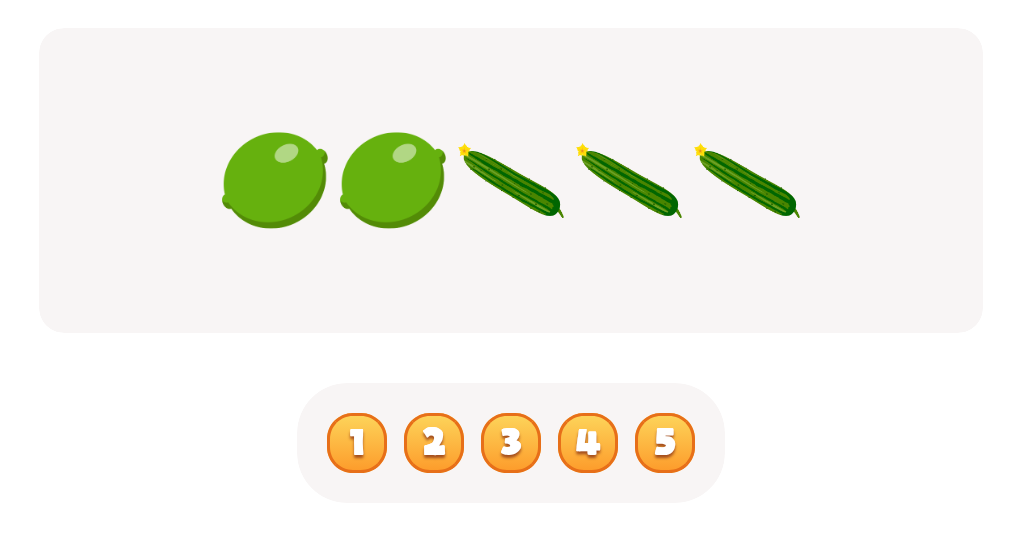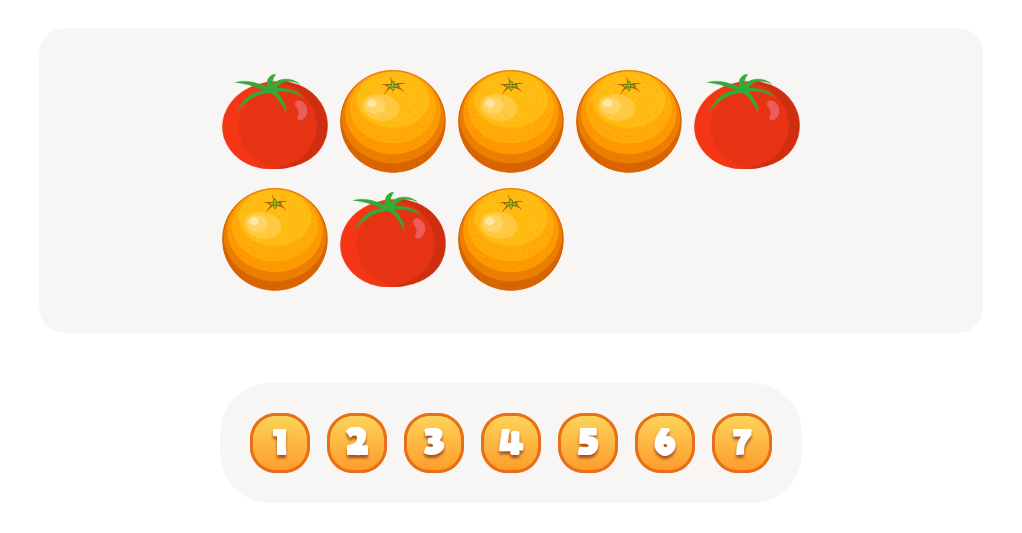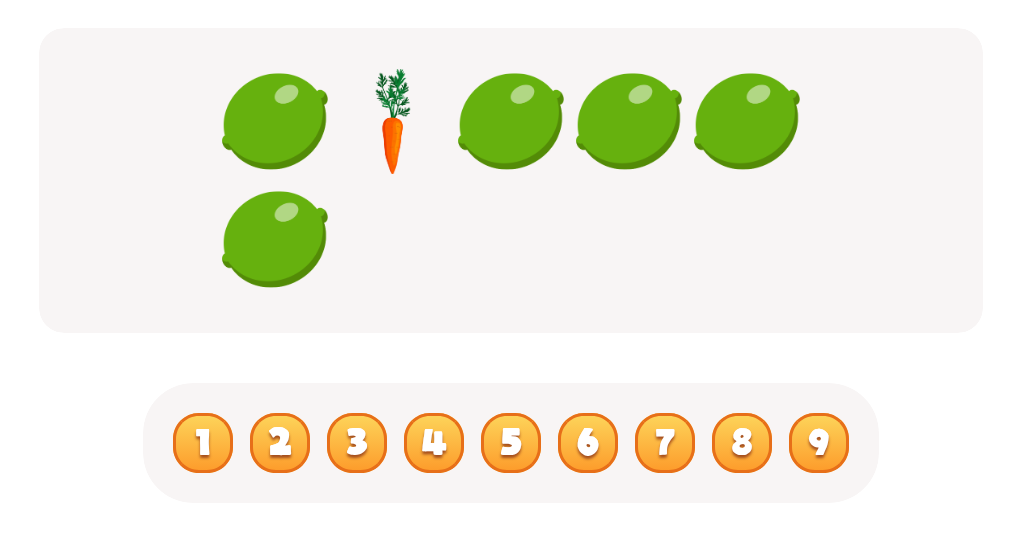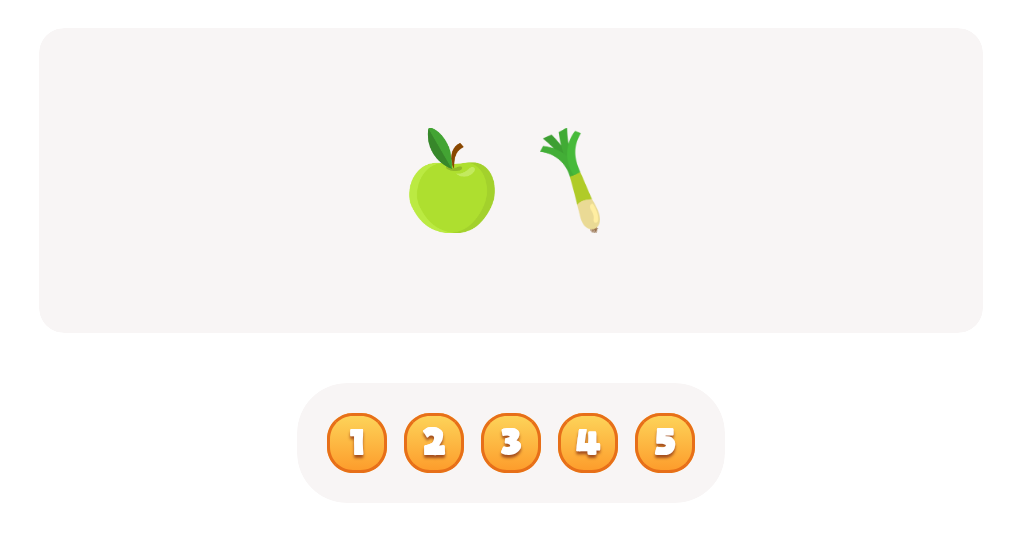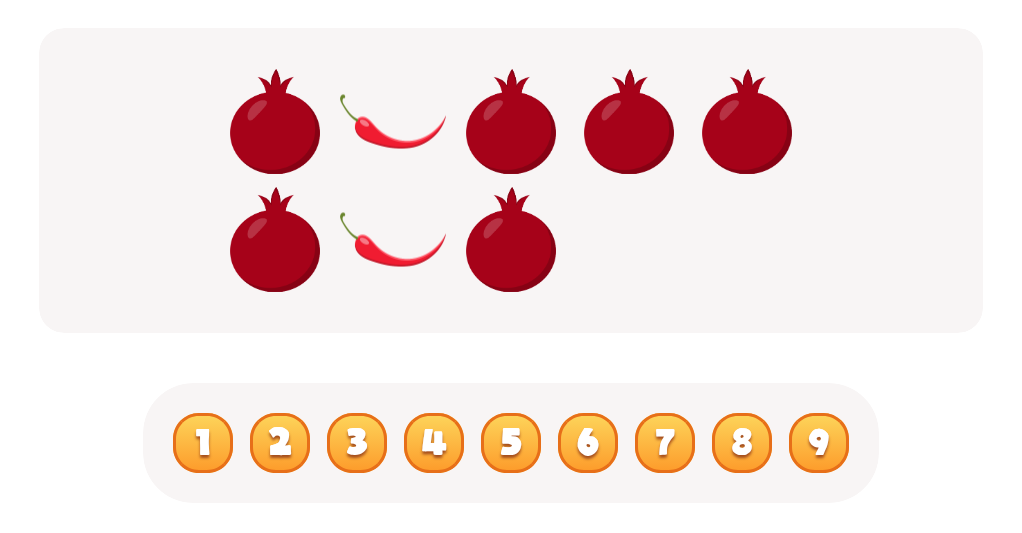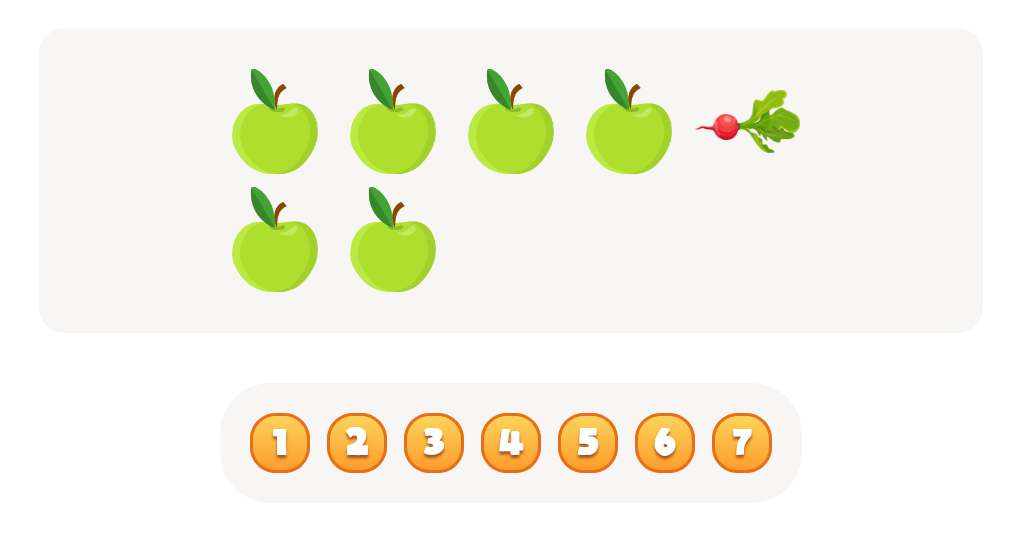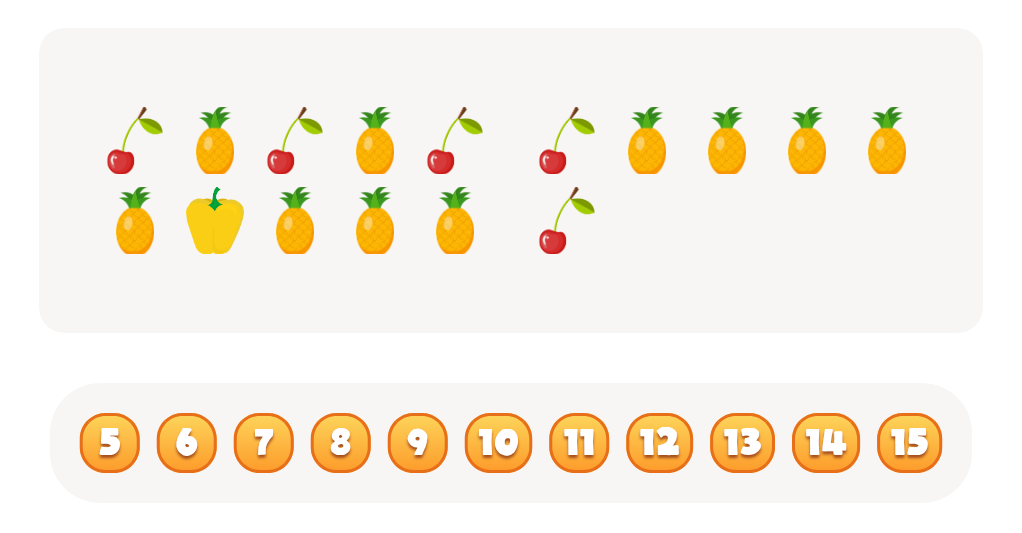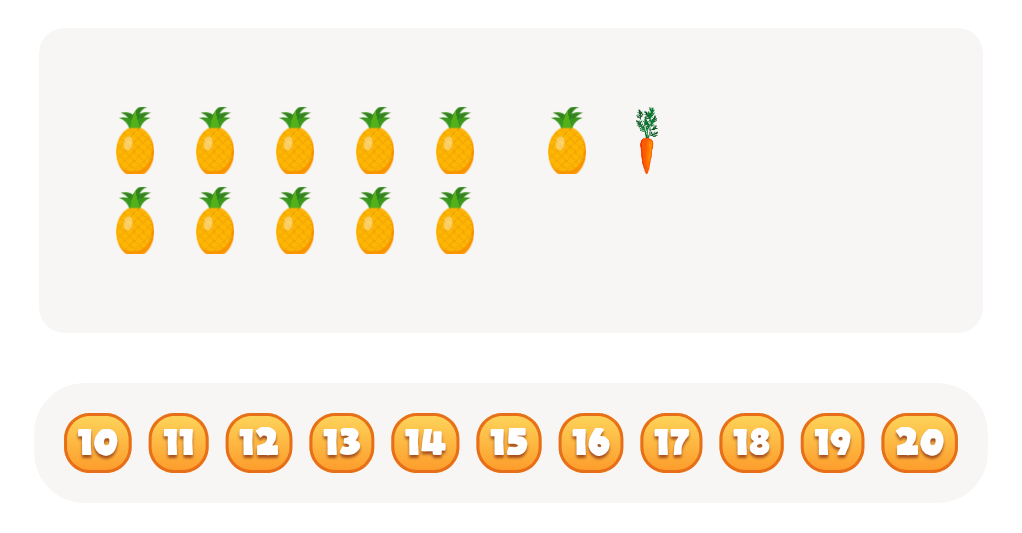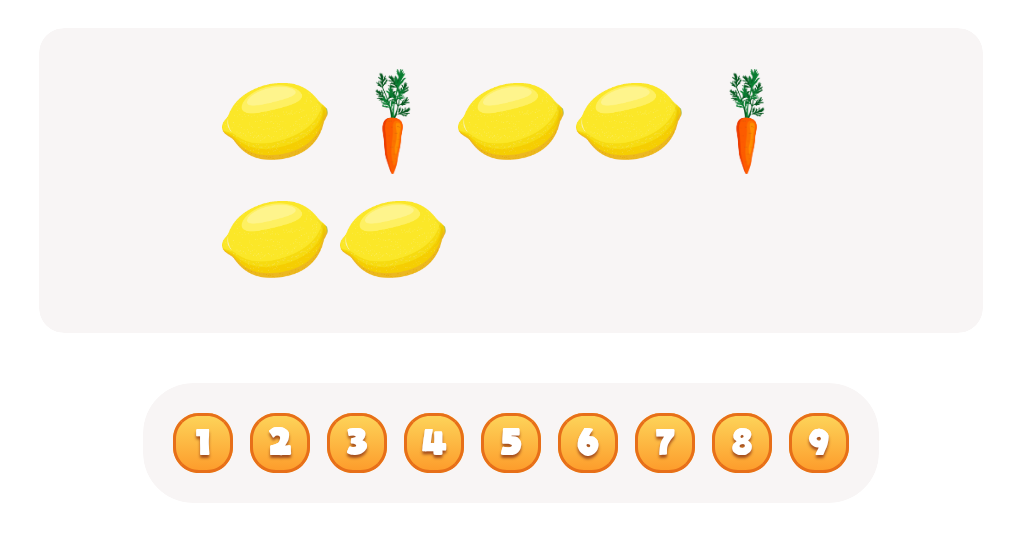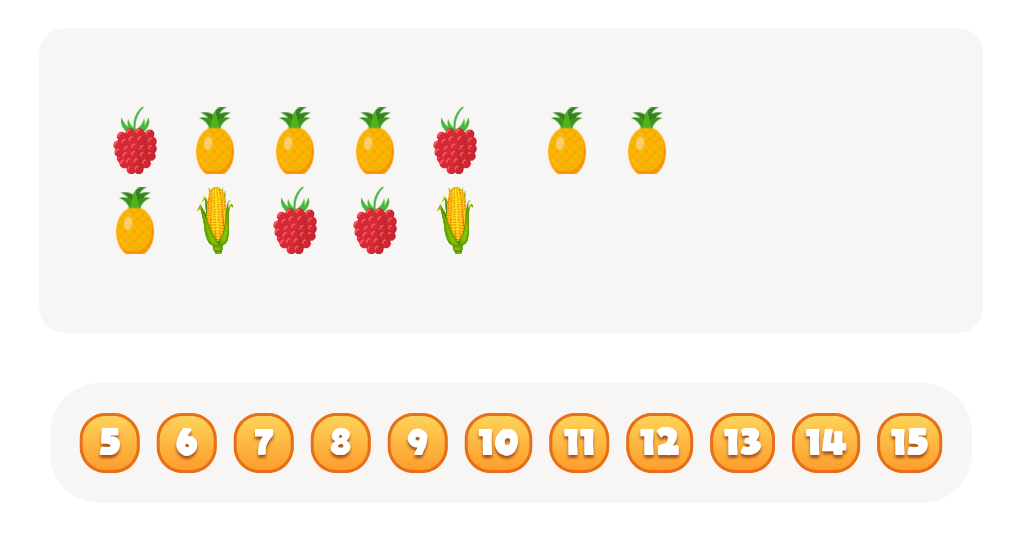Understanding ecosystems Plants and Animals Worksheets for Ages 3-4
4 filtered results
-
From - To
Explore the wonders of nature with our "Understanding Ecosystems: Plants and Animals Worksheets" designed specifically for children aged 3-4. These engaging worksheets help young learners discover the interconnectedness of plants and animals in their environment. Through colorful illustrations and simple activities, children will identify different species, learn about their habitats, and understand the basic concepts of ecosystems. These resources are perfect for enhancing observation skills, fostering curiosity, and encouraging a love for science. Perfect for at-home learning or classroom use, these worksheets lay the foundation for a lifelong appreciation of nature and environmental stewardship. Start your exploration today!
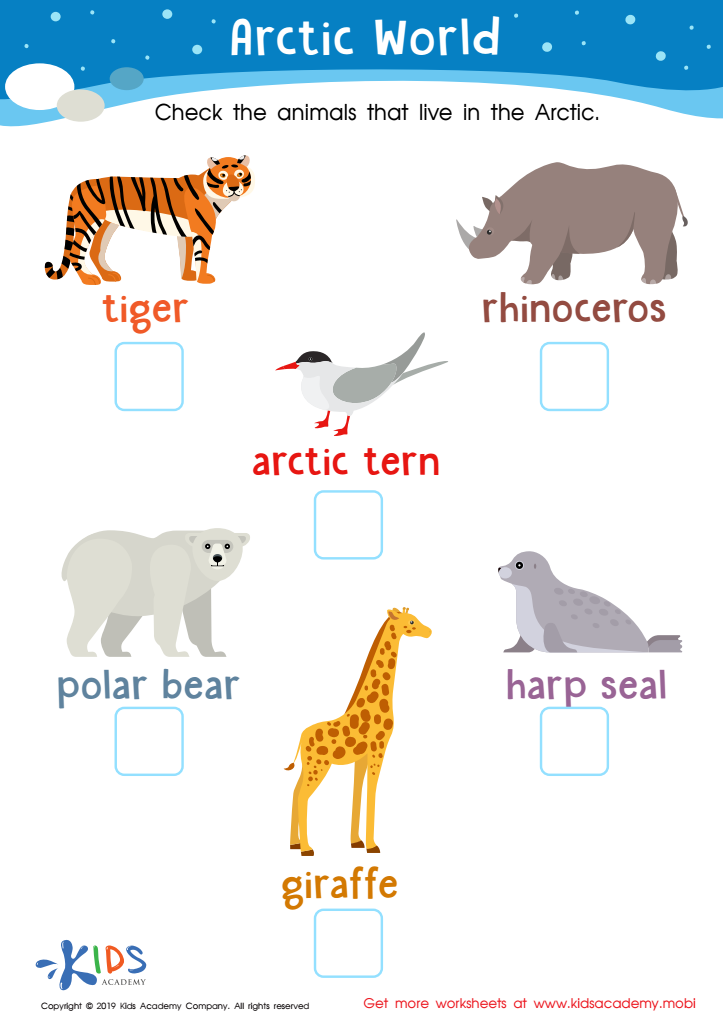

Arctic World Worksheet
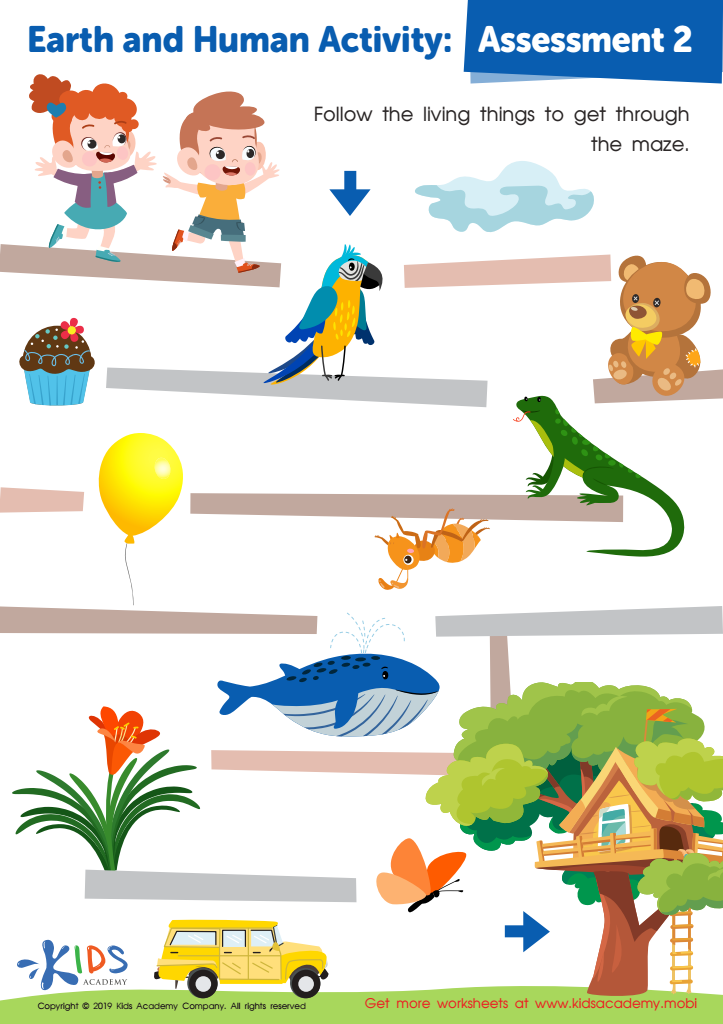

Earth and Human Activity: Assessment 2 Worksheet
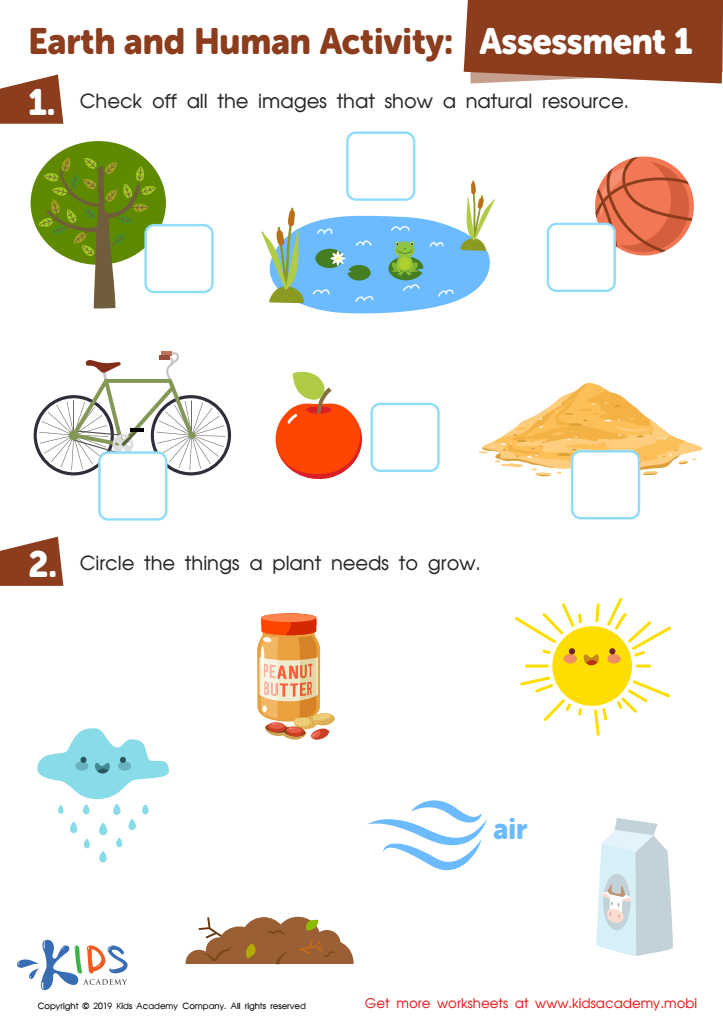

Earth and Human Activity: Assessment 1 Worksheet
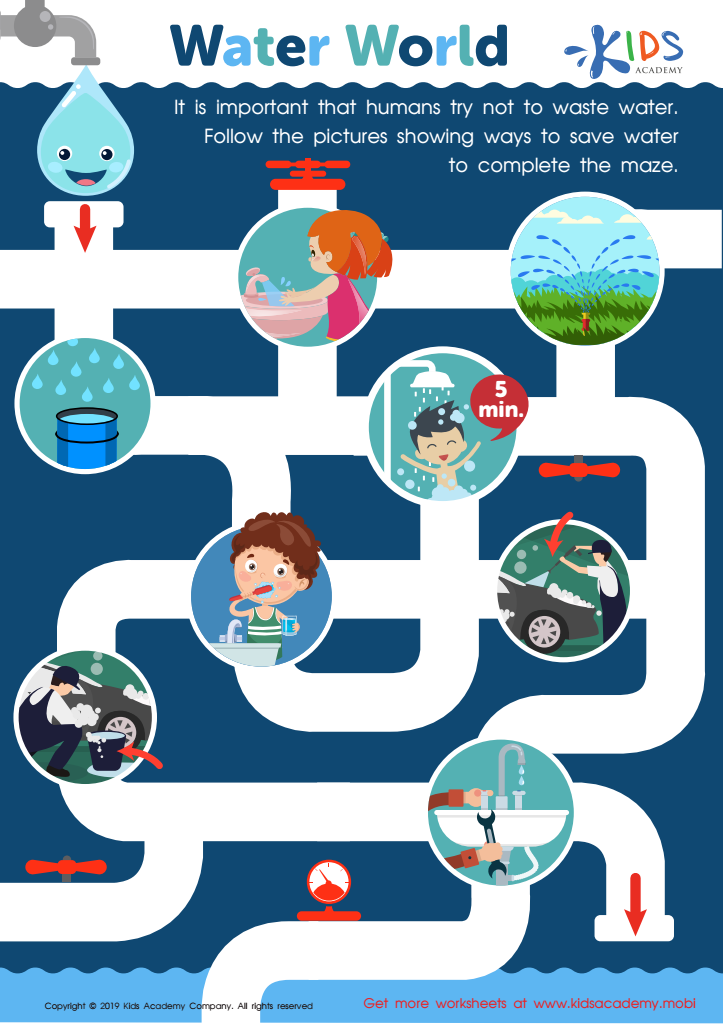

Water World Worksheet
Understanding ecosystems, specifically plants and animals, is crucial for children aged 3-4 as it lays the foundation for their environmental awareness and appreciation for nature. At this age, children are naturally curious about the world around them, making it an ideal time for parents and teachers to introduce concepts of ecosystems. This early education helps them understand the interdependence of living things and their habitats, fostering a sense of connection to the environment.
Engaging young minds in discussions about where animals live, what they eat, and how they contribute to their ecosystems aids in the development of critical thinking skills. Through interactive activities like nature walks, gardening, or observing wildlife, children learn through play, which enhances their retention of information. Additionally, exposing them to various plants and animals nurtures empathy and encourages responsible behaviors towards nature.
Moreover, early education about ecosystems can spark lifelong interests in science, conservation, and sustainability. This foundational knowledge can shape their values and behaviors as they grow, contributing to a generation more committed to protecting our planet. Overall, understanding ecosystems is an enriching experience that promotes environmental stewardship, essential for the health of our world.
 Assign to My Students
Assign to My Students
